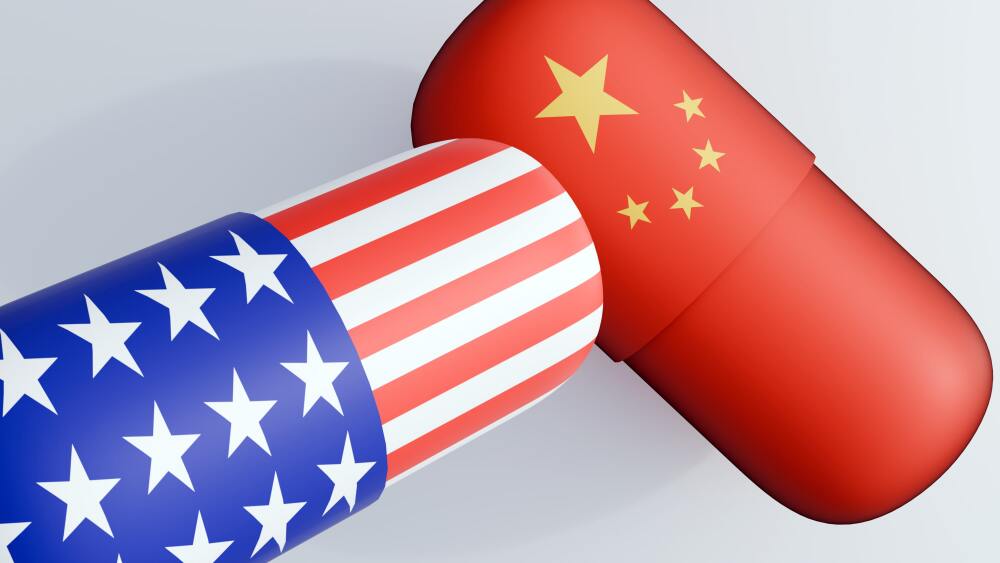If the trend holds, IQVIA expects 2025 deal volume between Chinese and multinational companies to easily eclipse the 100 agreements signed in 2024.
Global pharmaceutical companies committed as much as $48.5 billion to partnerships with Chinese biotechs in the first half of the year, eclipsing the $44.8 billion total spent in all of 2024.
This eye-popping figure comes from an analysis of outbound China partnership deals with pharma that was conducted by IQVIA. If the trend holds, IQVIA expects that deal volume for 2025 will easily eclipse the 100 agreements signed in 2024. There were 61 deals struck in the first half of this year.
“In recent years, global biopharma companies have become more willing to invest in Chinese-originated therapies as a way to source efficient and cost-effective innovation,” IQVIA wrote. “In return, Chinese firms have received global validation for their novel assets and technologies as well as a steady cash flow to fund further development.”
There were 61 total deals signed with Chinese biotechs in the first half of 2025, according to IQVIA, including 37 that involved a U.S.-based company on the other side of the deal. U.S. companies represented 61% of the deals for the half, compared to just 37% in 2024.
The deals in the first half involved some huge sums, including 16 that exceeded $1 billion in value. Across the full year in 2024, the industry saw the same number of big-ticket deals. There were five deals in H1 2025 that exceeded $3 billion, compared to only three in all of 2024.
Dealmakers have been trending toward heavily backloaded deals with firms in China. The biotechs perform early-stage research in China to secure some clinical data, with the pharma waiting until the asset is de-risked before sinking more money into the investment, IQVIA explained.
Oncology was the number one indication, which is a trend that has held for several years. That field as well as immunological and inflammatory diseases are all rising.
IQVIA flagged Pfizer’s 3SBio outlay from May as the biggest, with $1.25 billion upfront, $100 million in equity and up to $4.8 billion in milestones. The deal gave the New York pharma access to the Phase III–ready bispecific antibody targeting PD-1 and VEGF called SSGJ-707, which is under development for non-small cell lung cancer, metastatic colorectal cancer and gynecological tumors.
AstraZeneca signed multiple deals in the first half, with $4.68 billion in deal value offered to Harbour BioMed for multi-specific antibodies in immunology and oncology.
While there is concern that geopolitical pressures could impact these types of deals, IQVIA notes that the data so far in the first half suggests “these cross-border partnerships will continue to thrive in the near future.”
Former FDA commissioner Scott Gottlieb warned in an article published in JAMA last week that the U.S. is dangerously close to losing its biomedical edge to China.
“If we fail to halt the drift of biomedical discovery toward China, we risk ceding a strategic technological advantage that may prove all but impossible to win back,” wrote Gottlieb, who is now a senior fellow at the center-right think tank the American Enterprise Institute.






